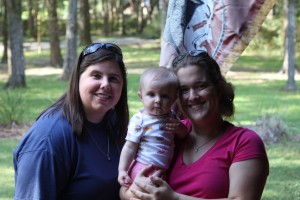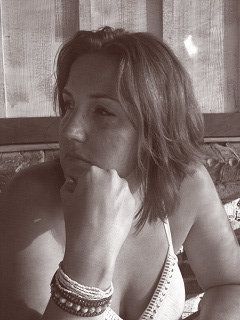Please welcome author Holly Stephens to Finding Bliss today! Holly is on tour for her novel Second Rate Chance and is sharing her Tips for Self-Publishing Success!
Here are my tips if you are considering venturing into the crazy self-publishing zone.
There is so much more that could be said for self publishing. We’ve all been there. We’ve all decided to take this road only to doubt ourselves when the road turned to dirt and it started raining. It’s okay.
It’s not the end of the world. And the self-published authors you talk to will all tell you different stories. Everyone has something to offer. And maybe soon you will too.
If this is the avenue you've decided to take, then I welcome you. Get ready to work hard for your money.
So hard for it honey. ;)
- Make a friend. Hell, make lots of friends. Those that have been down this road and those that are new like you. You’re going to need these people when you feel like banging your head against your keyboard because the formatting is screwy for the eleven-billionth time.
- Give yourself plenty of time to prepare. You've written your book, but that’s only the beginning. To be honest, that’s the easy part. Even editing is easier (and every author groans when they have to go through red marks on their beloved manuscript).
- Social media. Yes, we all dread Facebook because our mothers say inappropriate things, or friends from high school want to tag you in pictures when you didn’t own a flat iron. But if you want to connect with your fan base, then Facebook and Twitter are your outlets.
- Breathe. Self-publishing is not easy. I think a lot of people have the misconception that it is. Just upload and BOOM you’re done. Not so. It takes a lot of hard work. In my case a lot of tears, but then end result was worth it. Just don’t forget to breathe.
- Document the steps you take and when you took them. That way when you’re ready to publish book 2, you have an idea of what you need to do and when.
- One word: bloggers. They are your friends. Love them.
- Research “how to” guides. Chat with others on message boards. We’re all learning and we’re all in this together. You may be able to help them out of a jam and vice versa. Then guess what? You’ve got a friend! (see #1)
There is so much more that could be said for self publishing. We’ve all been there. We’ve all decided to take this road only to doubt ourselves when the road turned to dirt and it started raining. It’s okay.
It’s not the end of the world. And the self-published authors you talk to will all tell you different stories. Everyone has something to offer. And maybe soon you will too.
If this is the avenue you've decided to take, then I welcome you. Get ready to work hard for your money.
So hard for it honey. ;)
































